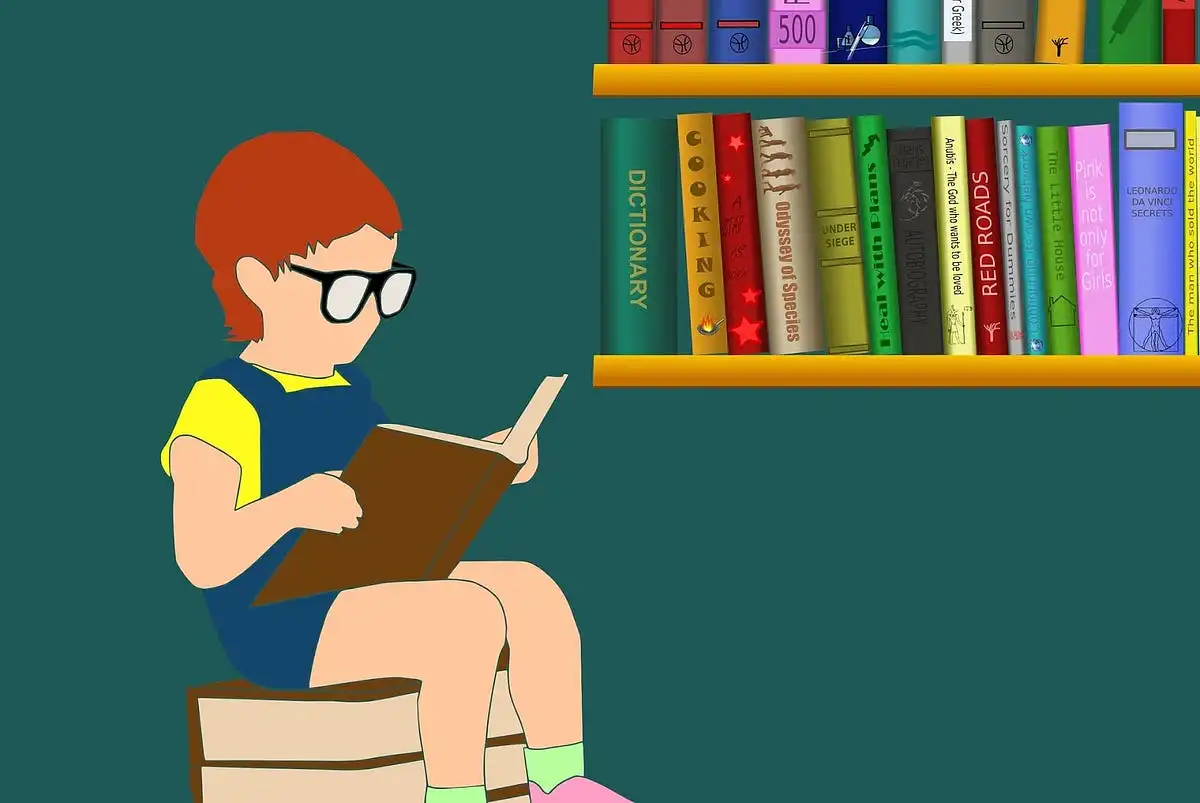

While I already knew the channel, I didn’t see this particular one before.
What gets me most is actually the comments, and all the replies to the comments. I strongly suggest everyone to read at least the top ones and part of the hundreds of replies. Top one shown to me is this; may I cite respectfully, by @lisedenmark:
To me - autistic diagnosed 3 years ago at 54 - masking is not only about hiding my weaknesses; it’s also about hiding my strengths because they are not always well received. Deep critical thinking, eternal curiosity and precision are skills often respected in theory - but in practice: not so much. This really complicates matters even more…
… And then, try to read the overall vibe in those conversations. What is apparent? – Well first and obviously, they are almost all written by people who have been labeled or consider themselves “autistic” or ND. Second, a large part of it is (heartbreakingly) empathetic!
edit:
I have this hypothesis that masking their authenticity in order to fit in with ther respective social group is the normal way also in NT people. The difference being, that to them it comes naturally and effortlessly to wear a mask (read: self-protecting persona), while for NDs it is exhausting and may lead to a sense of self-denial. Consider also the difficulty with the perceived need of constant dishonesty/lying which is a part of camouflaging.
Any thoughts or questions?


I started with medidating, deep relaxation. Laying flat works best for me. Discovered I can listen to the silence between the words. Then I was able to stretch out that silence until the words were so distant that they were mere reverberation. If there is a movie as well, that can be faded out. Later I learned a more daytime-compatible technique that is a bit hard to explain and could individually differently (opening the crown chakra).
In case it really ets your energy, and if you have access to it, consider talking to a therapist. You might be suffering from sommething like PTSD, depresseion or burn-out (in connection with autism), and those are really disorders that can be treated.
Wish you well!